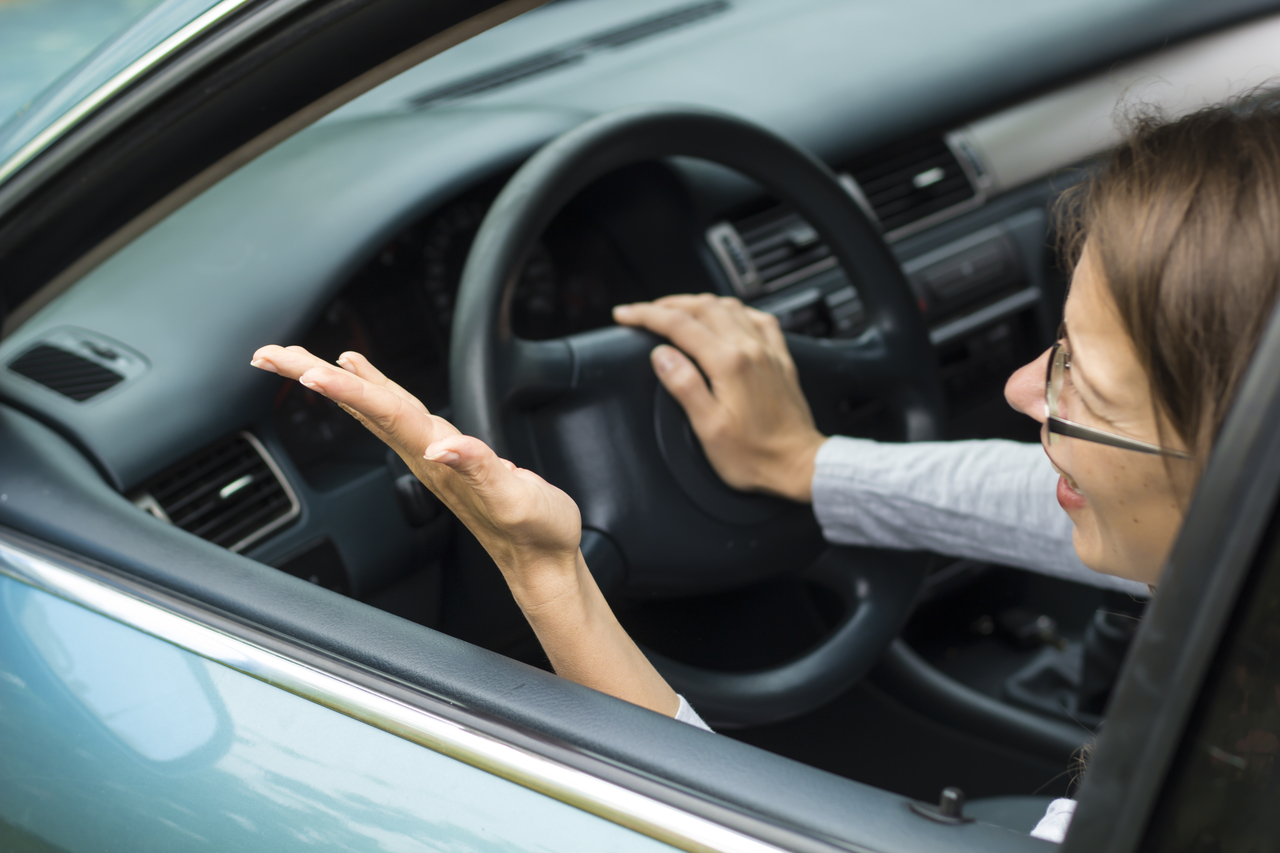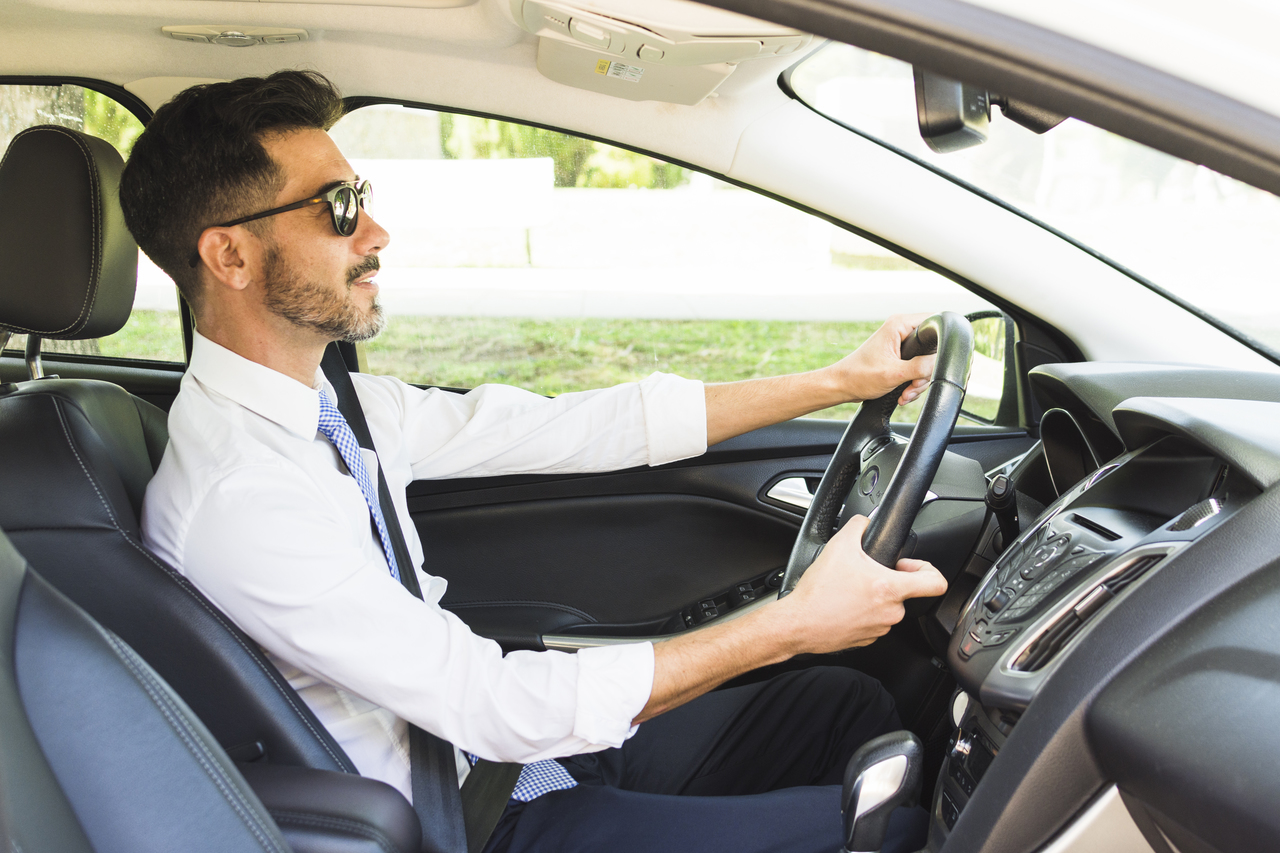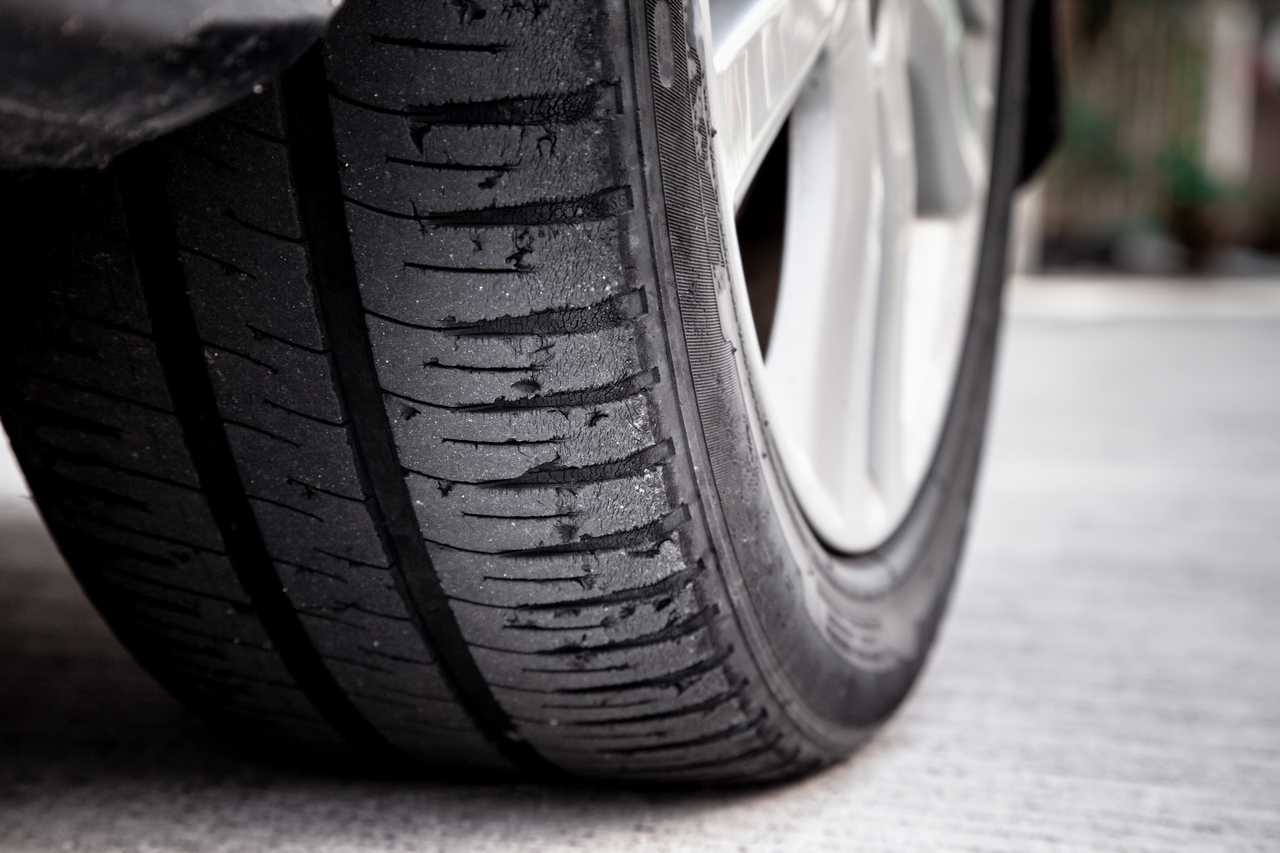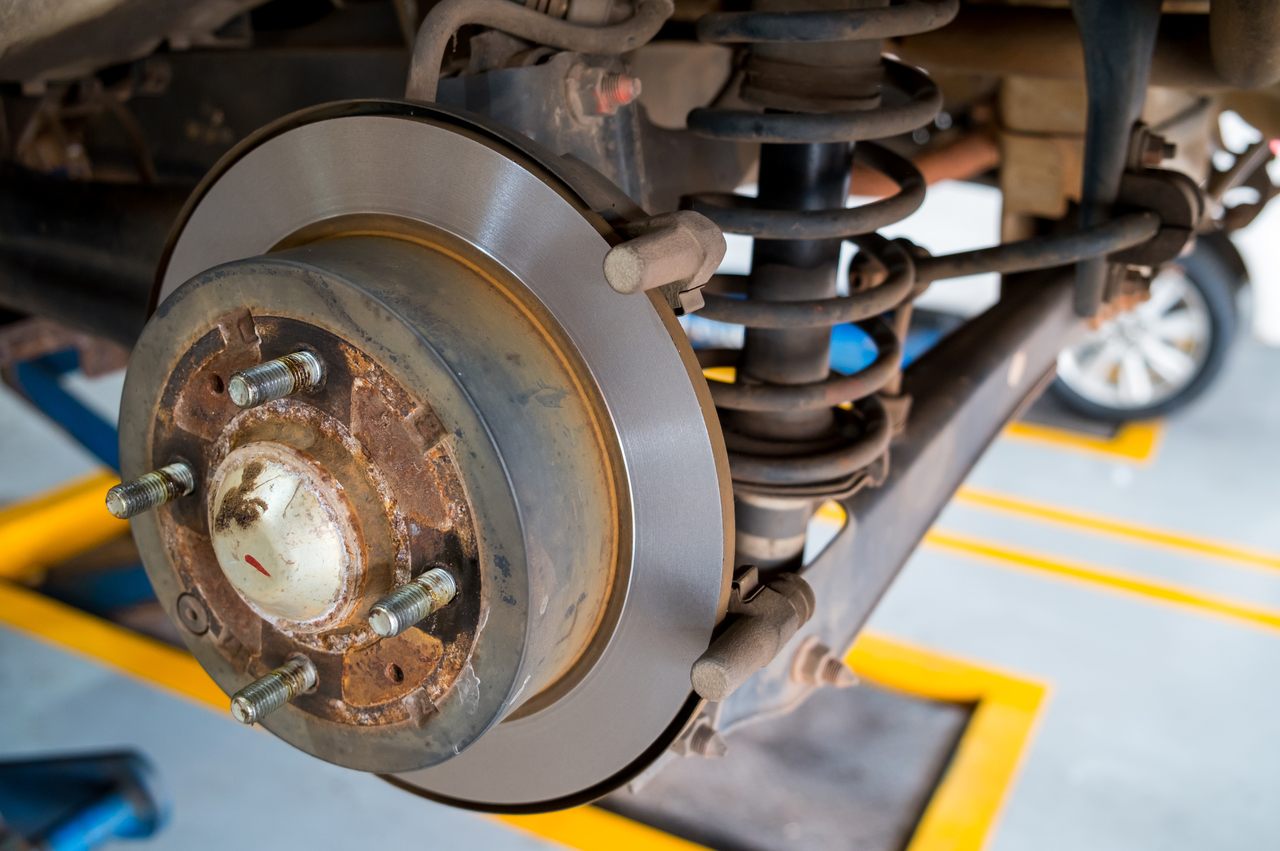What are the common signs of damaged car suspensions?
- Car Starts to Pull to One Side While Driving
- One Corner is Not Leveled with the Rest
- Difficulty Steering
- Dipping or Nose-diving When Stopping
- Car Rides Roughly
- Uneven Tire Treads
Unsure whether you have damaged car suspensions or not? Check out this list of common and invisible signs of suspension system problems. From when your vehicle starts to dip when pulling to a stop to a rough ride through a smooth and paved road, perform a self-assessment test before you bring it to a reliable auto shop. Your vehicle might have been sending you signals that you were not aware of.
Car Starts to Pull to One Side While Driving

Is your car pulling to the right or left side of the road despite your efforts to keep it straight? Have the tread of your tires checked and wheels aligned. Other than that, it must be the suspension and steering parts have become worn. A failing suspension system means the car constantly drifts or pulls when turning to either left or right. Once you have noticed the slightest sign of sliding, have your car immediately serviced. Avoid waiting for the right time to have it checked by a trusted auto repair shop.
One Corner is Not Leveled with the Rest
If your car is sitting on level ground yet one side is lower than the rest, it means your spring is damaged. If you’re going over bumps and you hear a clunking noise, check your springs and shock. A blown-up shock may cause an over-compression of the spring. Perform a self-diagnosis on your car by pushing down on the trunk and releasing it. If you hear a creaking sound, it means there is a suspension problem in place. Particularly, the damage is caused by the shocks, springs, bushing, and other related parts. Take note, the slightest loss of height or imbalance in height could indicate a failure in shocks or springs.
Difficulty Steering

When you are driving slowly and you find it hard to steer, there might be something wrong with your suspension. Here are some of the sources of issues in the power steering system.
- Low fluid in the power steering
- Loose power steering belt
- Faults in the power steering pump
- Leak in the power steering rack
- Worn control arm bushings
Dipping or Nose-diving When Stopping
While extreme handling could force dipping or nose-diving to happen in vehicles with a brand new suspension system, it should not happen when making a normal stop. Worn-out shocks can cause the vehicle to lurch forward or go downward nose-first when you apply the brakes firmly. This prevents the car from stopping quickly. With this problem occurring, immediately bring your car to the nearest auto repair shop to have the shocks checked and fixed. Apart from your car leaning forward when braking, rolling to the side when cornering and leaning backward during acceleration are other related issues.
Car Rides Roughly
You will always feel the bumps on the road. However, the bouncing should normally stabilize almost immediately. When you do start to feel every bump in the road or the car bounces wildly after hitting a bump, it is a clear indicator that your shocks or struts could be worn and require replacement. Shock or shock absorbers are supposed to keep the tires on the road with the help of the fluid that dampens the bouncing. Once it leaks, the absorbers will fail to do their job. Perform a bounce test on your car to have an idea if a problem is in place. Put all your weight on the front end then release. When the car bounces back and forth more than three times, then it means you need to replace the shocks or the struts.
Uneven Tire Treads

Uneven tire treads mean there is an uneven amount of pressure on the tires. Once you notice the tread is starting to wear down unevenly on the tires, as well as bald spots on the surface, it means the suspension is not holding the car evenly. Moreover, diagonal scalloping on the tire, known as cupping wear, may suggest a worn or bent suspension. Make an appointment with a mechanic immediately to have your suspensions examined and fixed.
Key Takeaway
Reduced driver control and stability of the vehicle dictate a damaged car suspension. Worn shocks can make your vehicle unsafe to drive. Save yourself from the accidents that may occur and see a mechanic or visit an auto shop repair immediately. Have the vehicle’s suspension properly aligned and maintained for smoother and safer driving.

